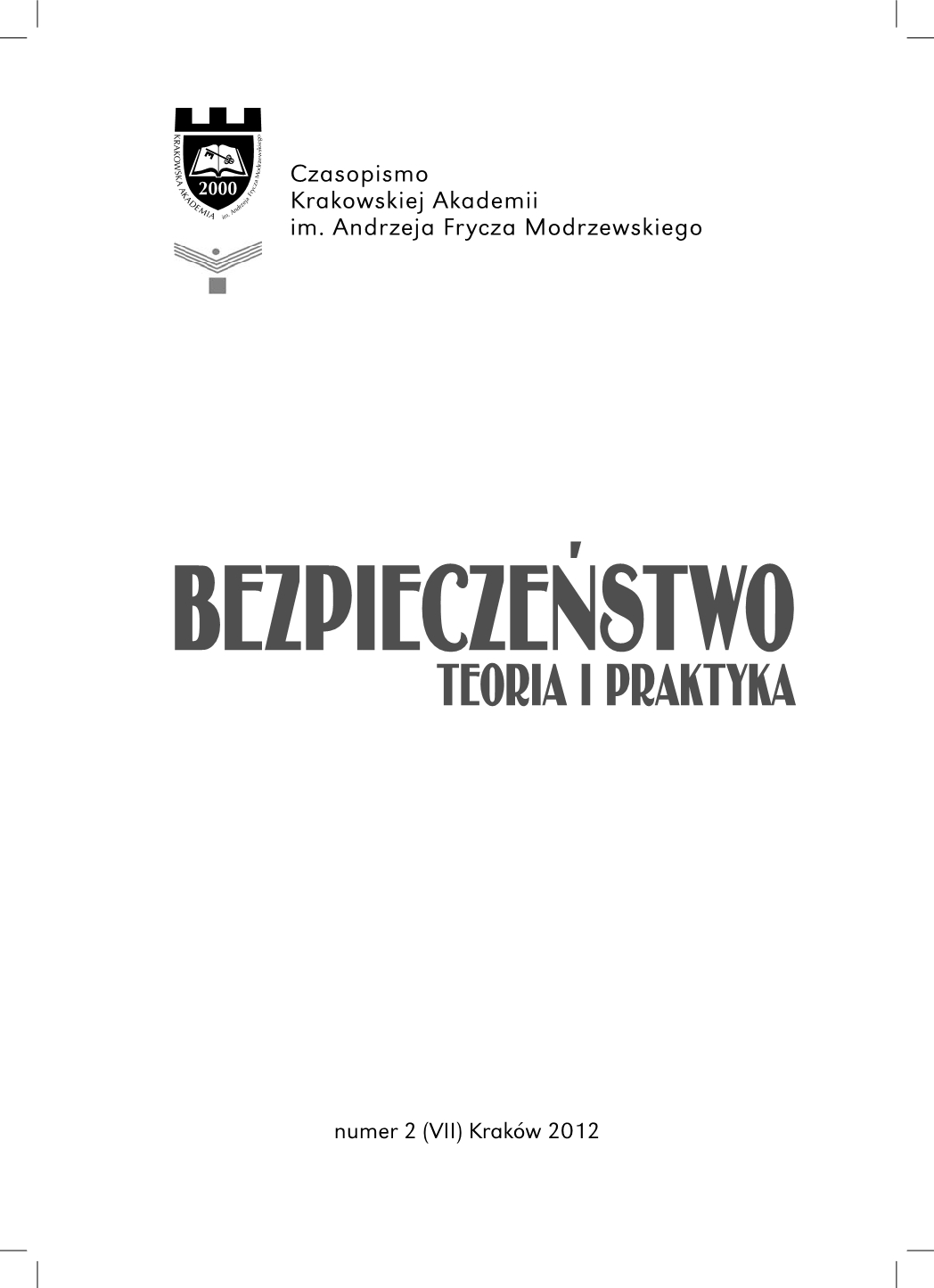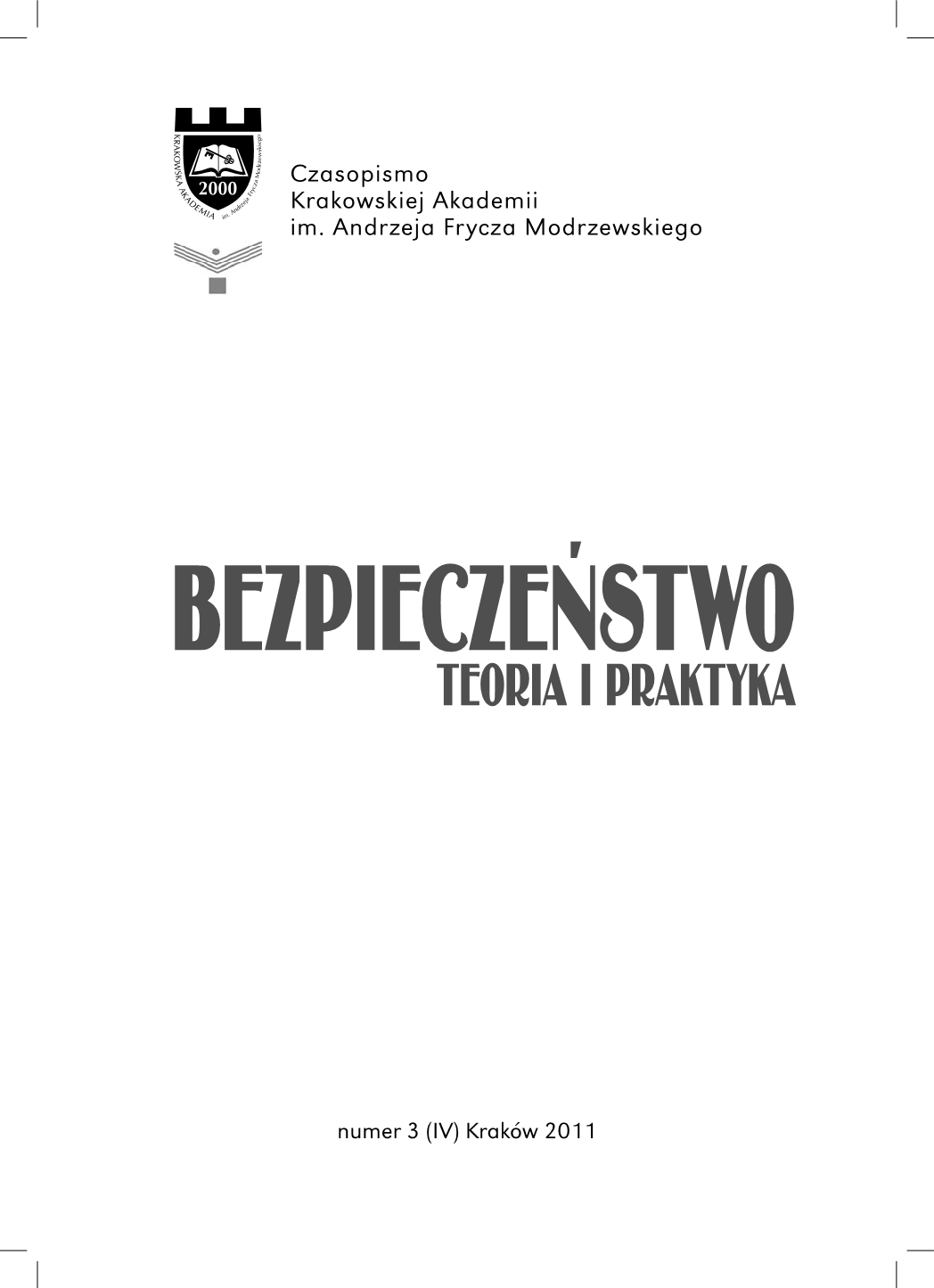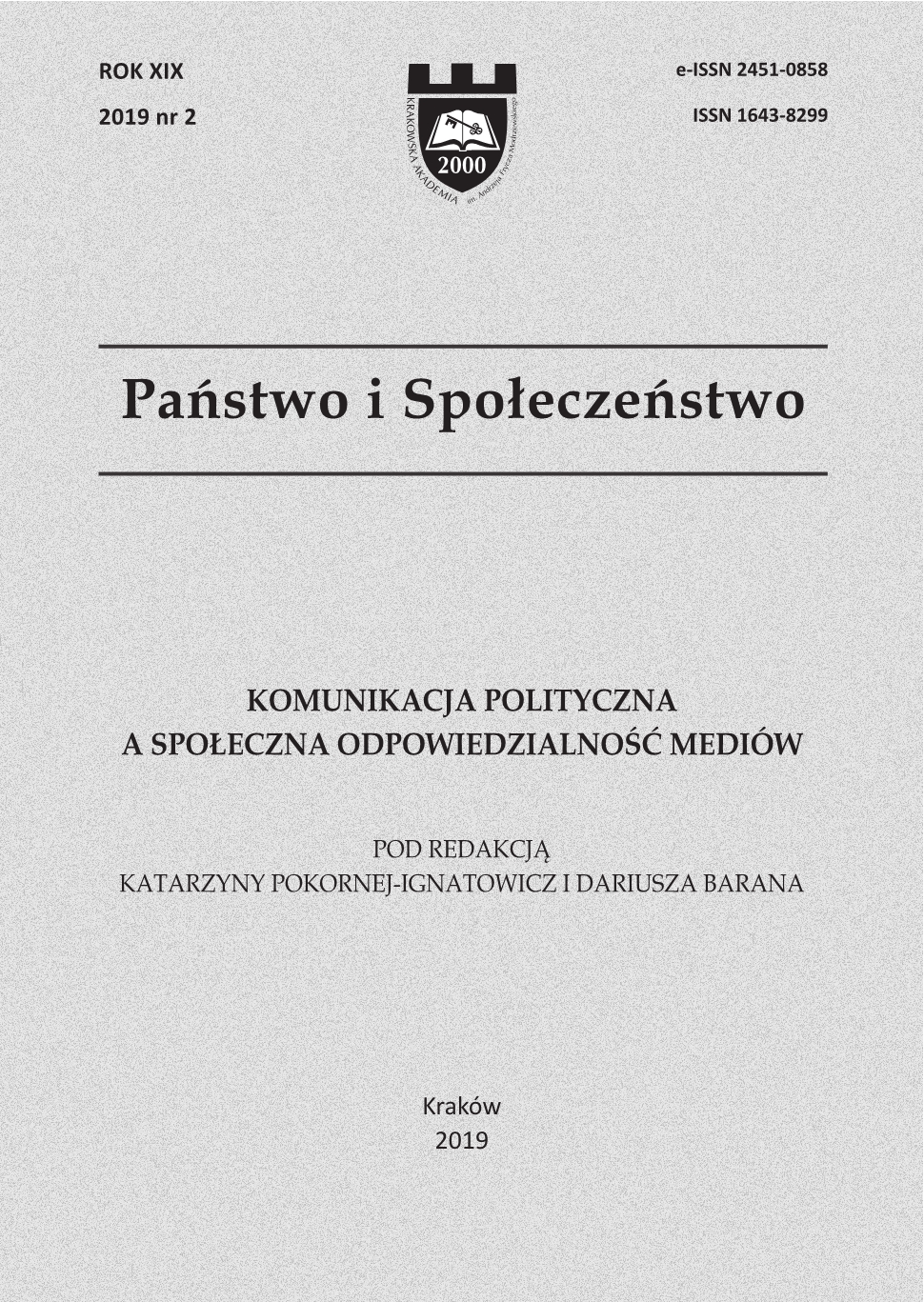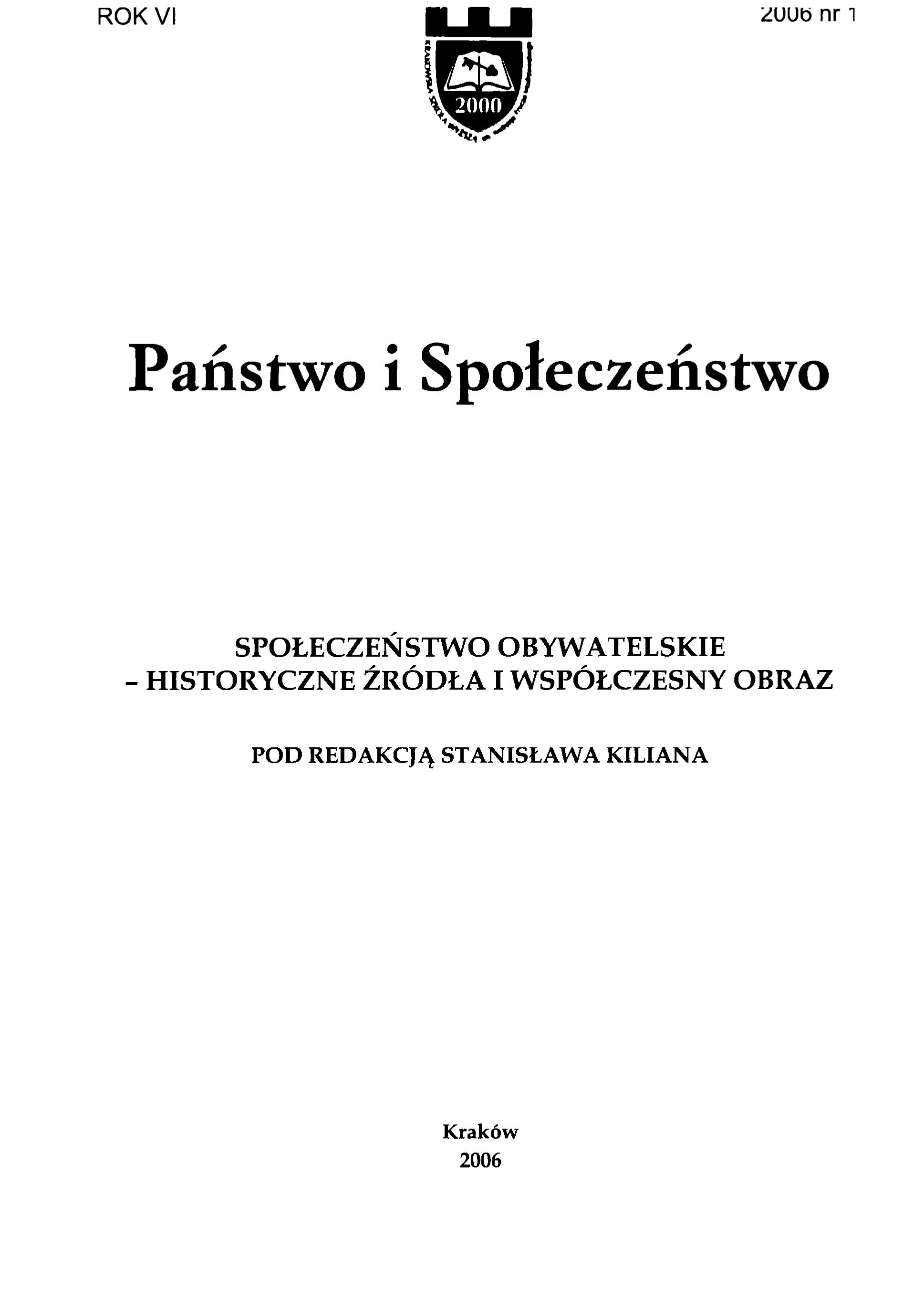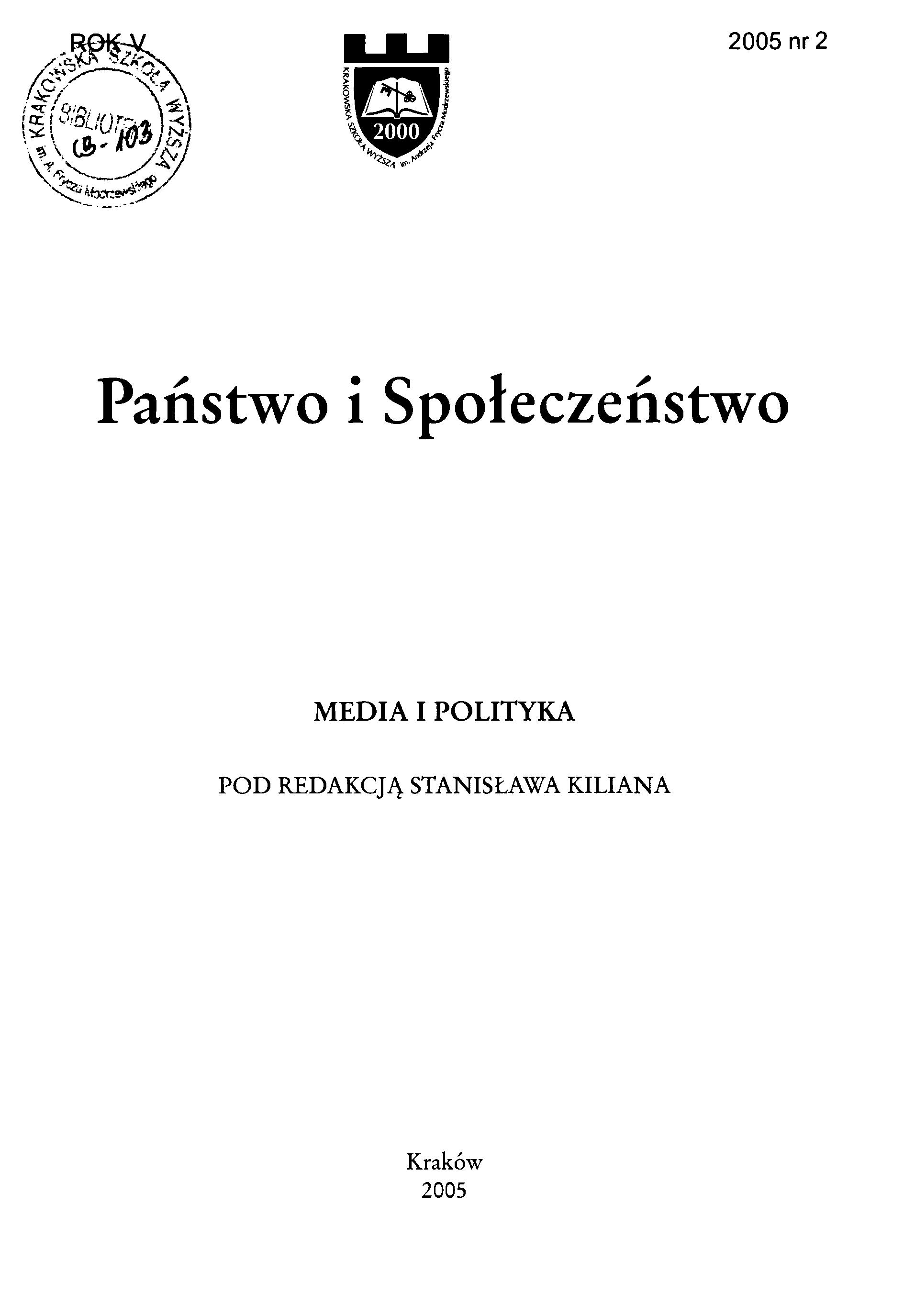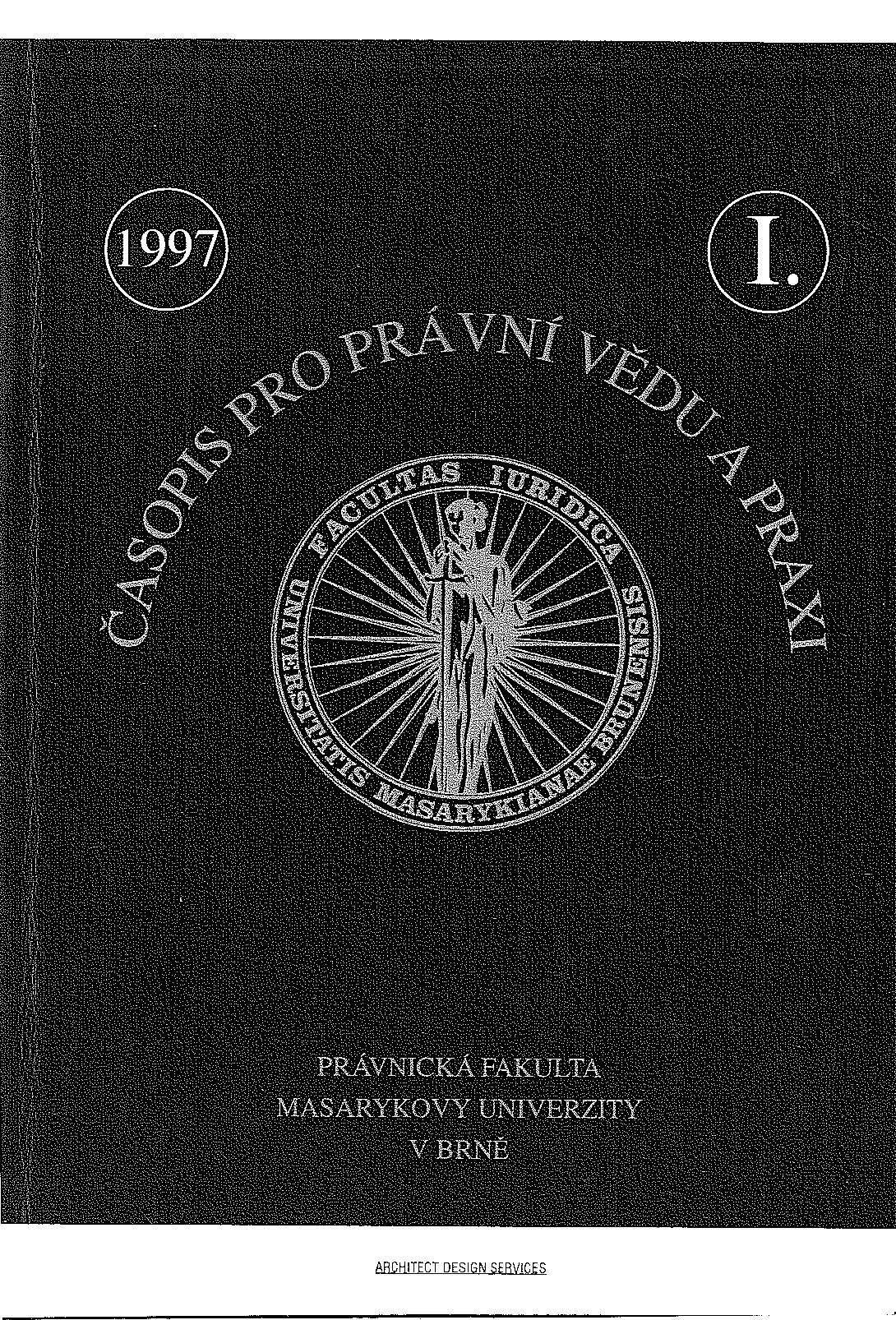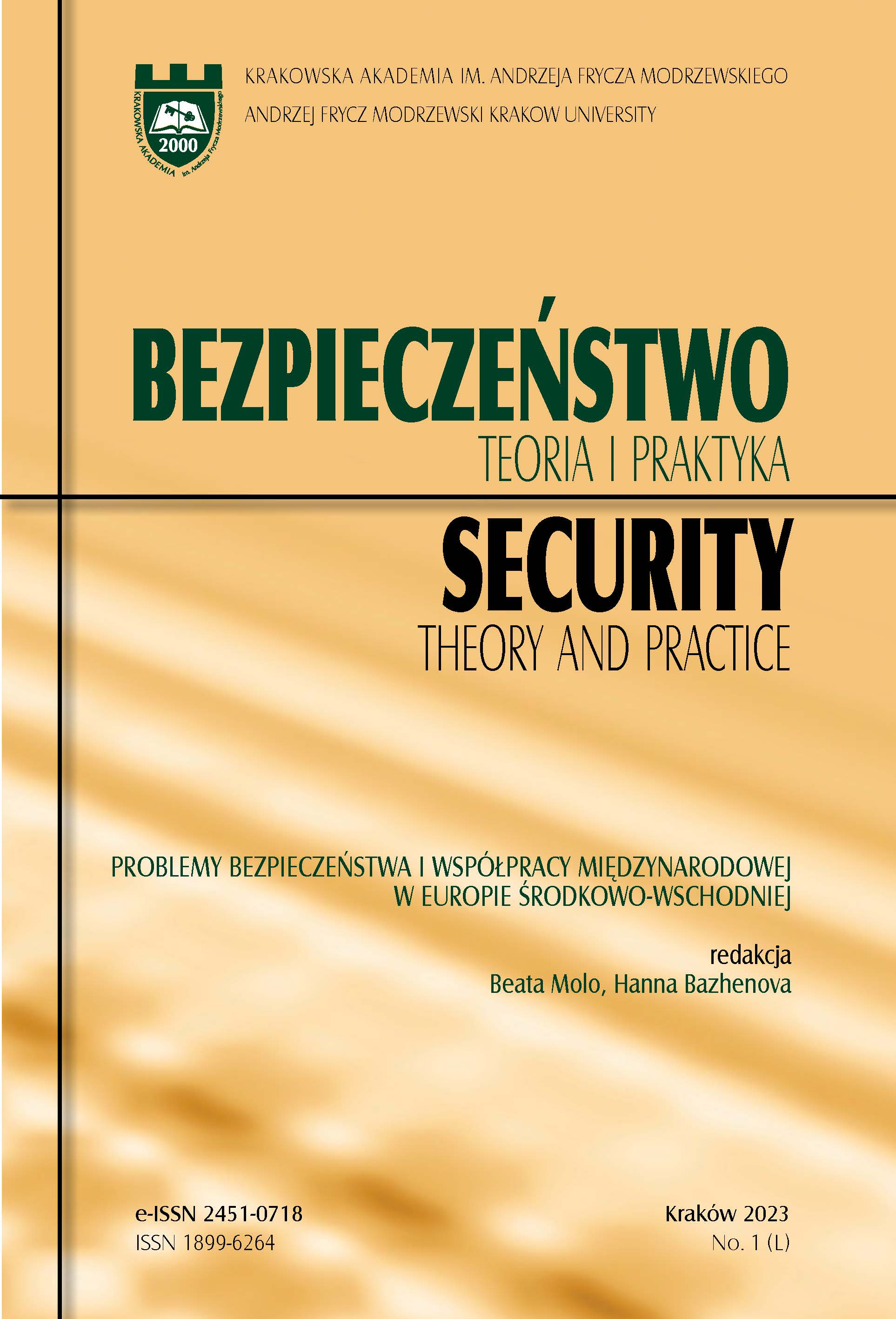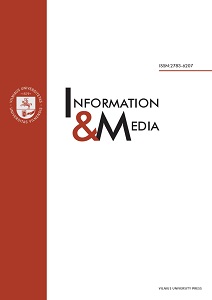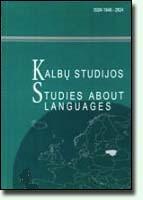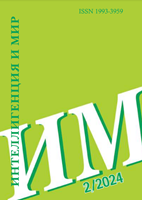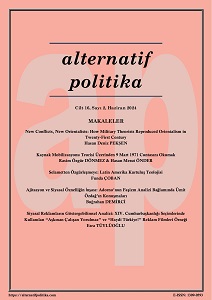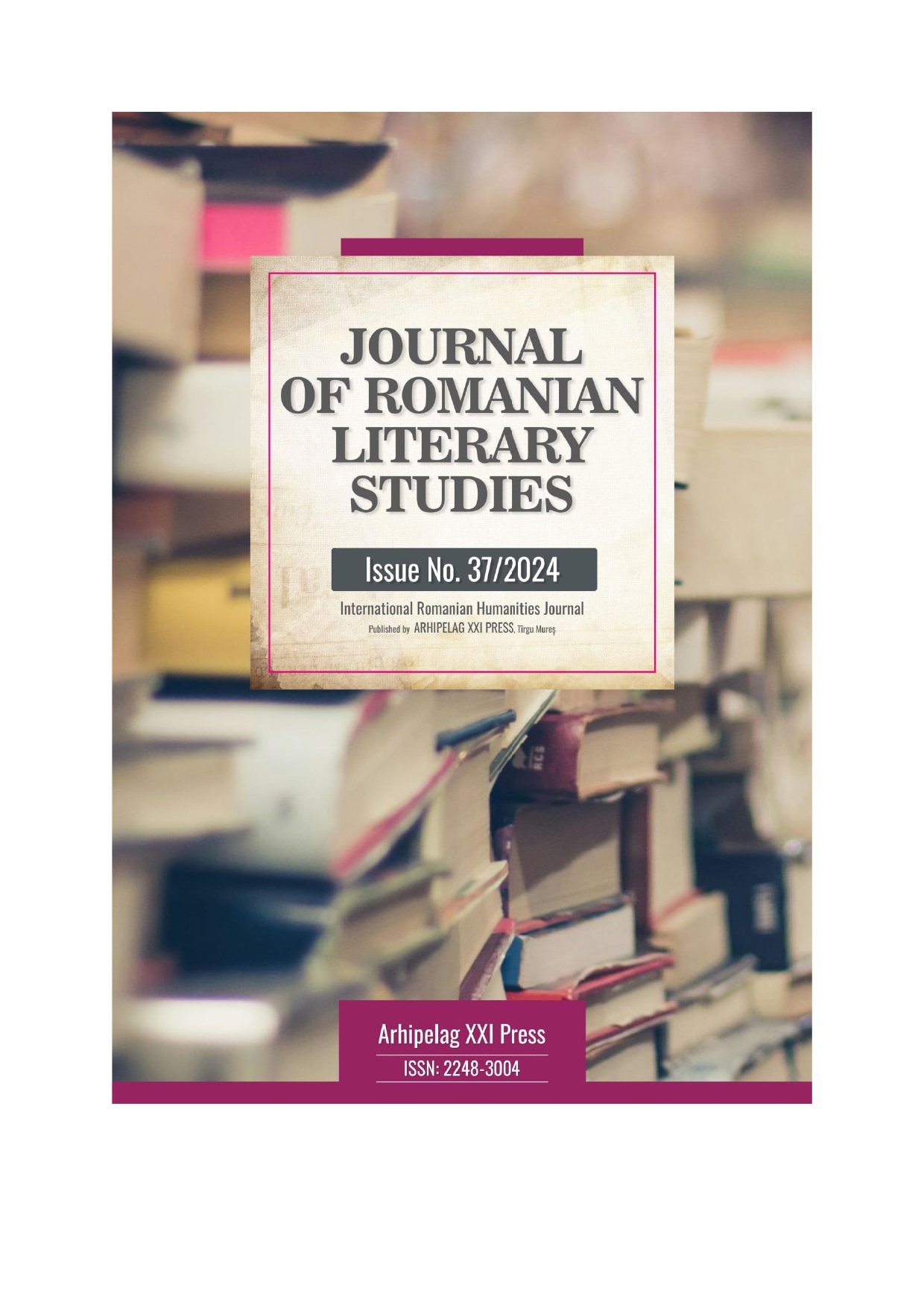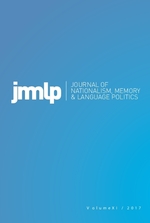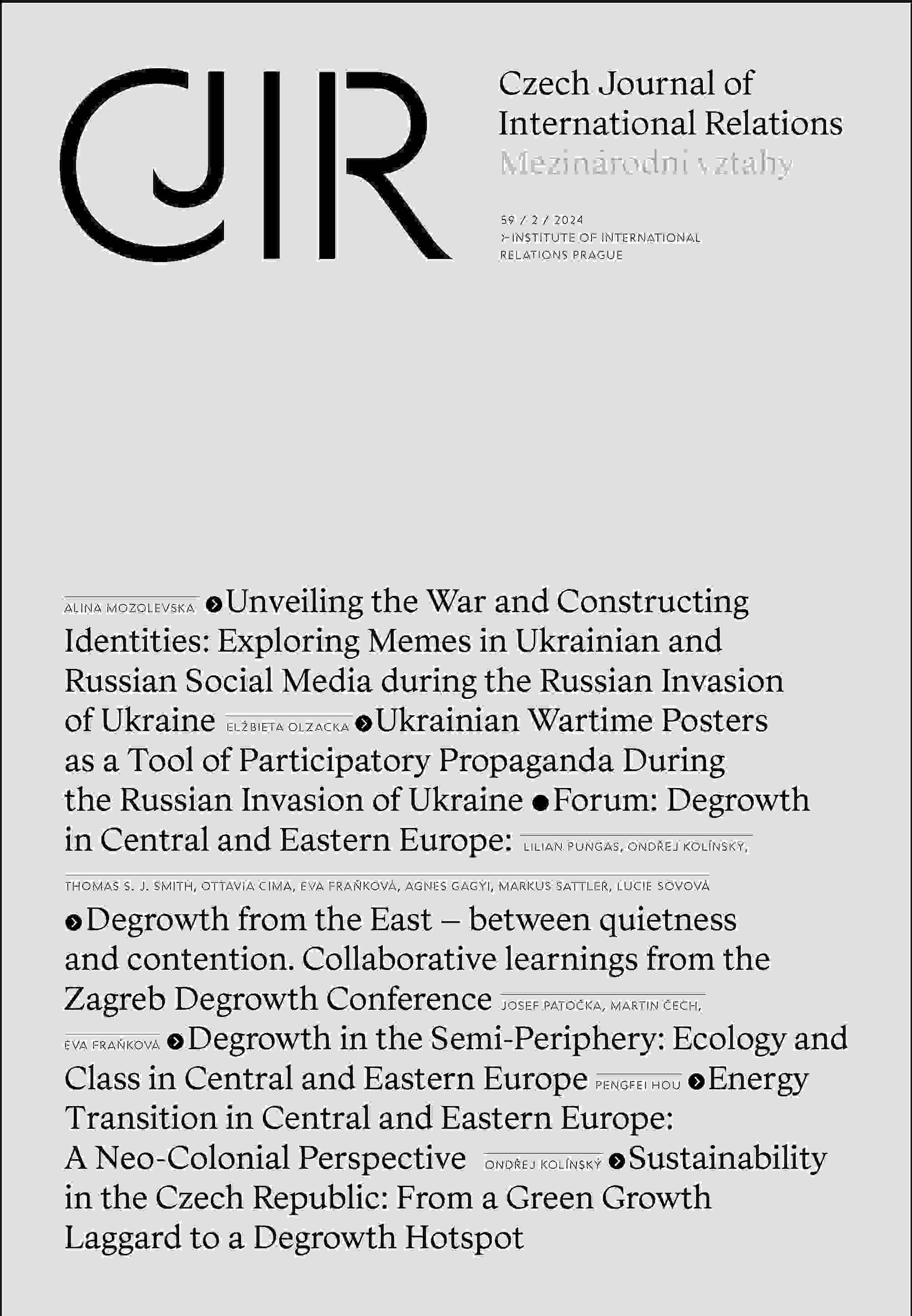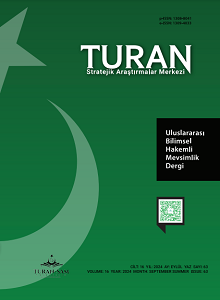Author(s): Nikoletta Panagaki,Vasia Tsami,Kyriakoula Tzortzatou / Language(s): English
Issue: 01/2024
The increased arrival of immigrant/refugee populations often leads to public debates. These debates about immigrant/refugee policies are often raised in parliament. Inside parliament, speakers use specific arguments to persuade their audience, aiming to construct specific national identities, and to promote the national homogenizing discourse. To accomplish this, the politicians often exploit narratives and more specifically, national narratives, reframing aspects of history in order to shape the national conscience. The aim of this research is to analyze how two political leaders of opposite Greek parties, Kyriakos Mitsotakis and Yanis Varoufakis, use narratives on the Greek immigration/refugee movement to the USA in the 1920s to argue about the contemporary Greek policy toward immigrant/refugee issues. To analyze their narratives, we utilize the model of positioning suggested by Bamberg (1997), drawing a distinction between three levels: the narrative world, where we focus on how the characters are positioned in relation to one another within the reported events; the narrative interaction, where we examine how the narrator positions him/herself in relation to the audience through specific argumentative strategies (Reisigl and Wodak 2001); and the broader socio-ideological framework, which concerns the positioning of the narrator toward the Discourses, namely, toward the ideologically defined ways of representing reality. According to our findings, at the level of the narrative world the two politicians construct differently the USA immigrant/refugee policy. These constructions result to different arguments at the level of the narrative interaction, where Mitsotakis promotes as a norm the exclusion of the Others, while Varoufakis promotes their assimilation. Given that both the exclusion and the assimilation of the Others comprise homogenizing practices, we realize that, at the level of the broader socio-ideological framework, both political leaders, each from a different perspective, reinforce the national discourse.
More...
